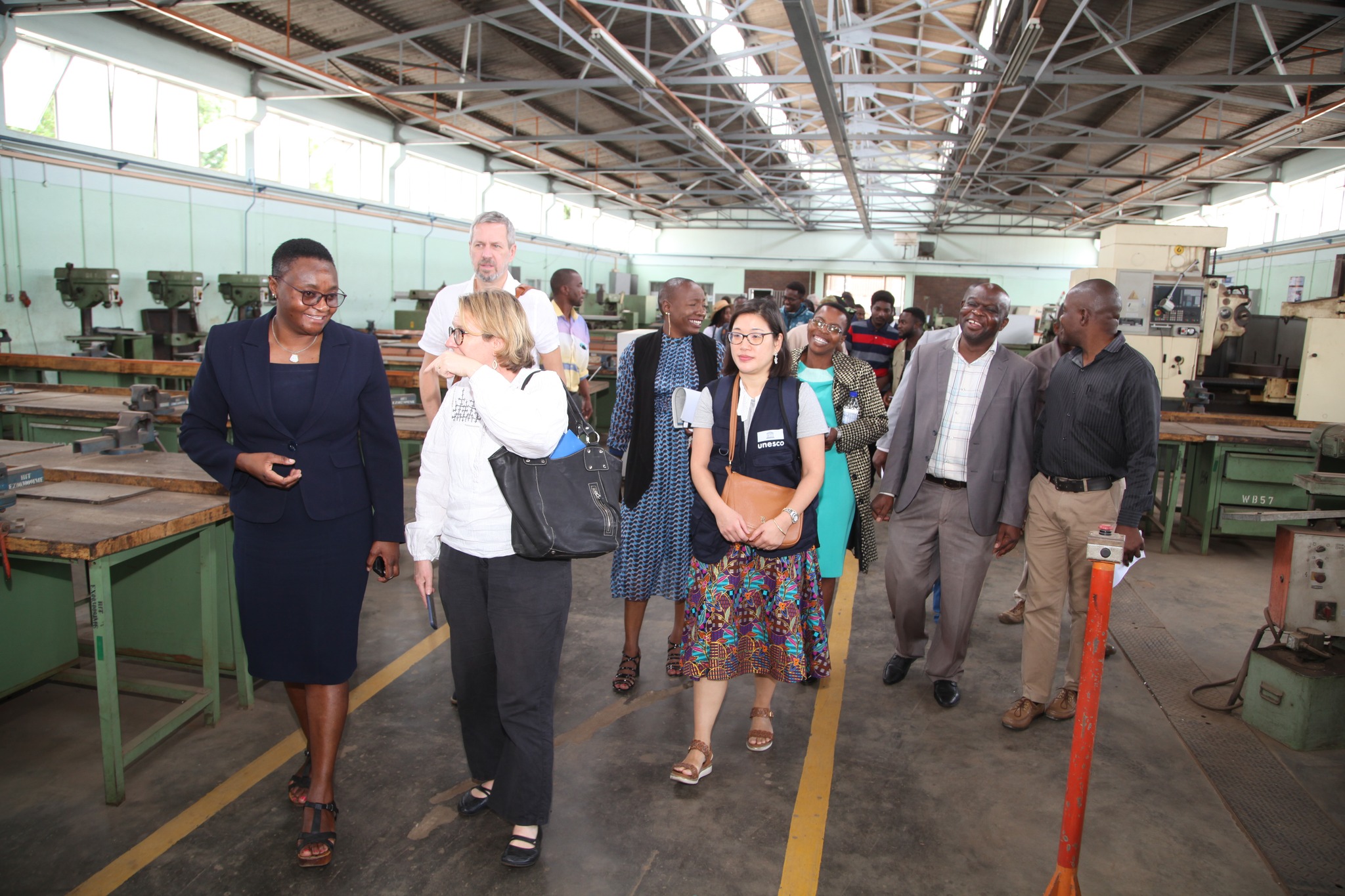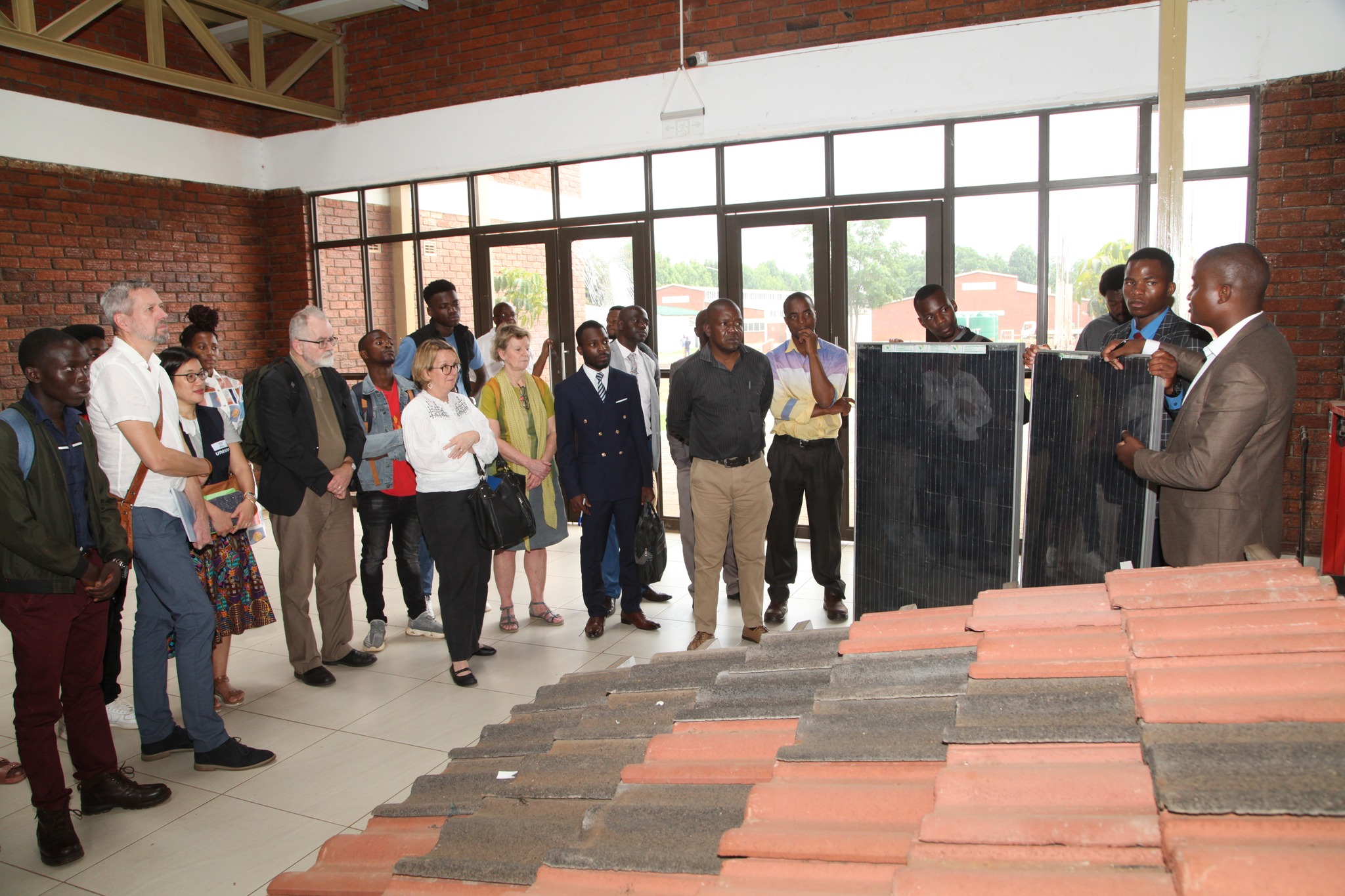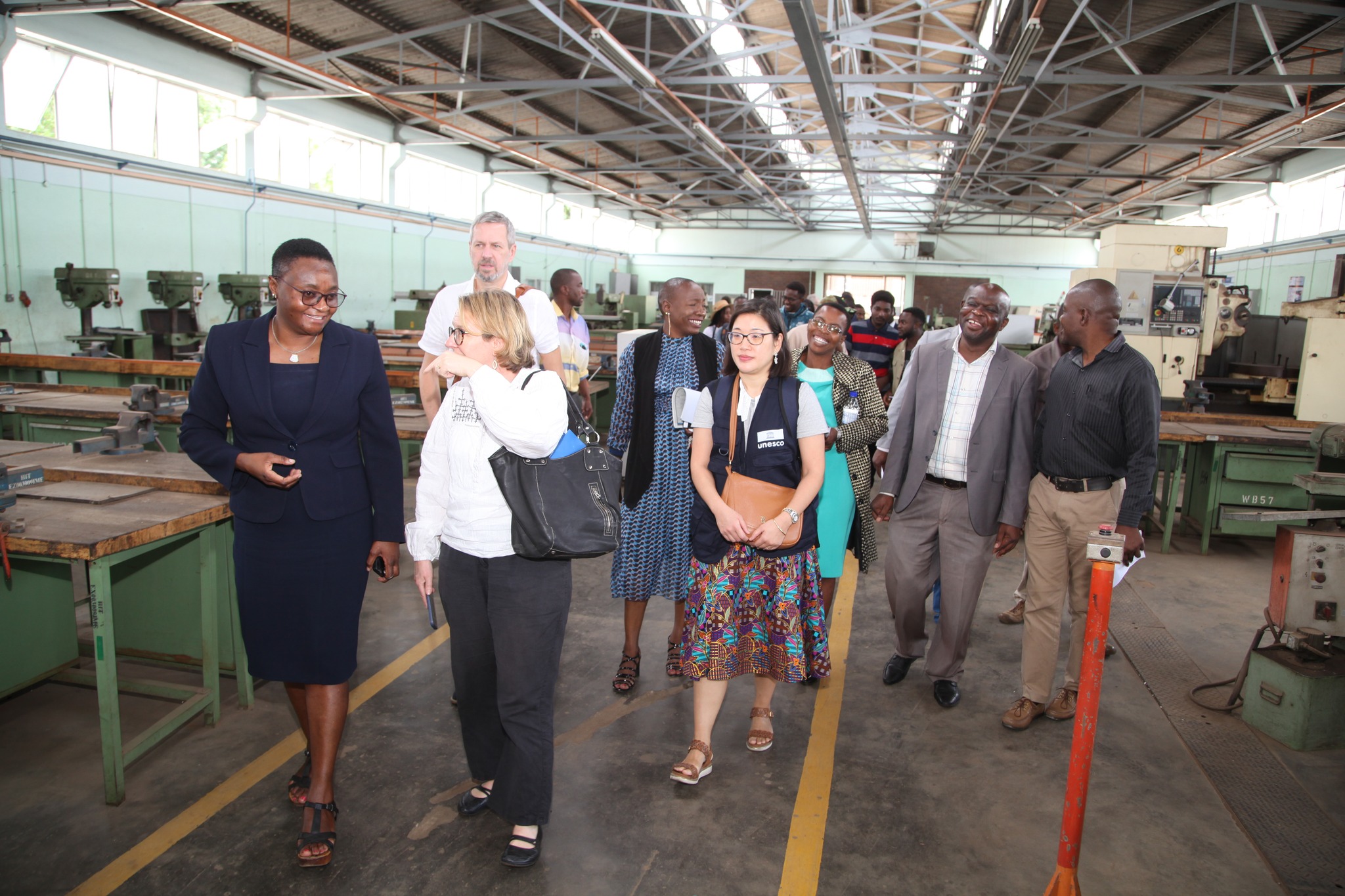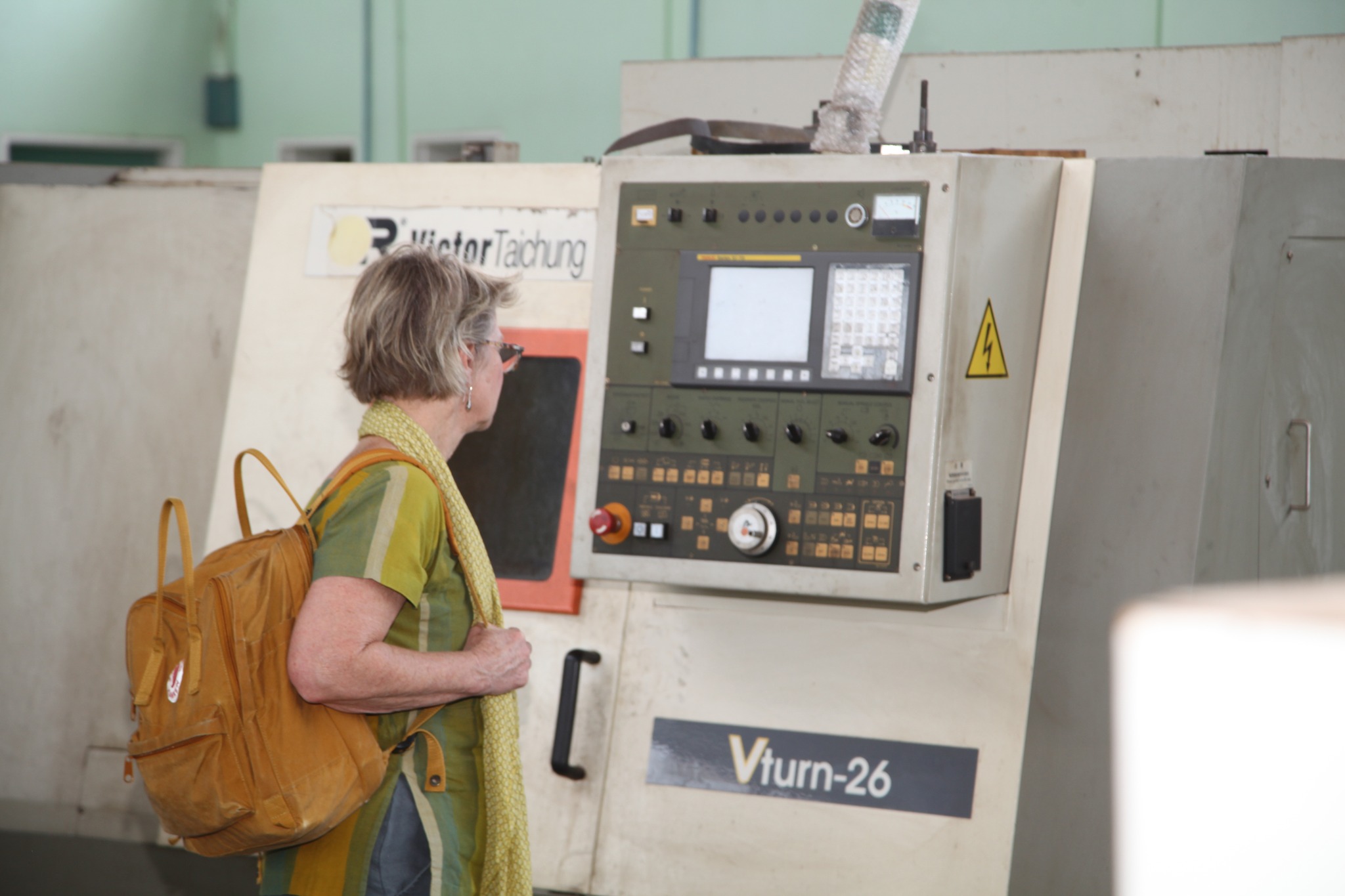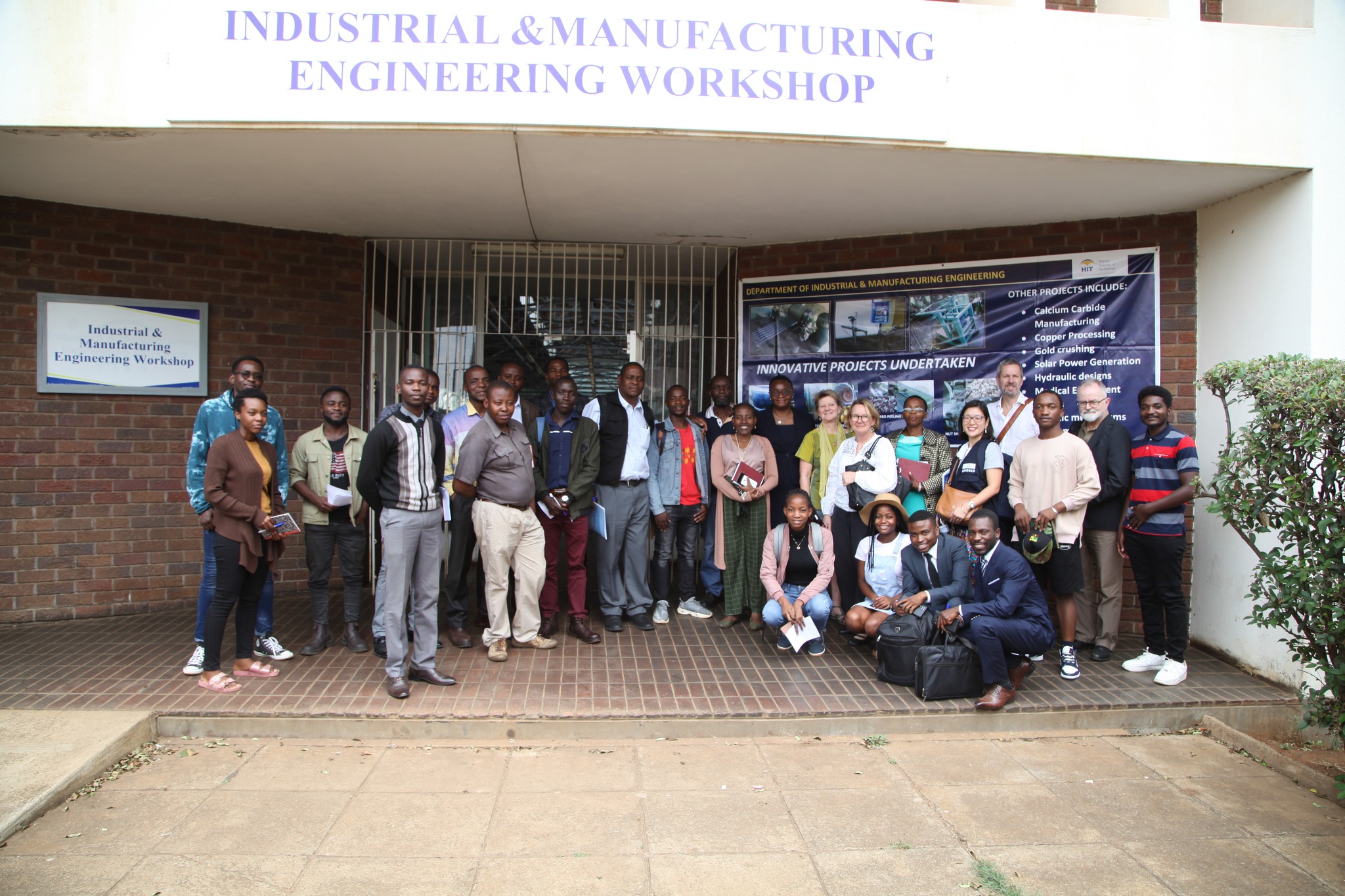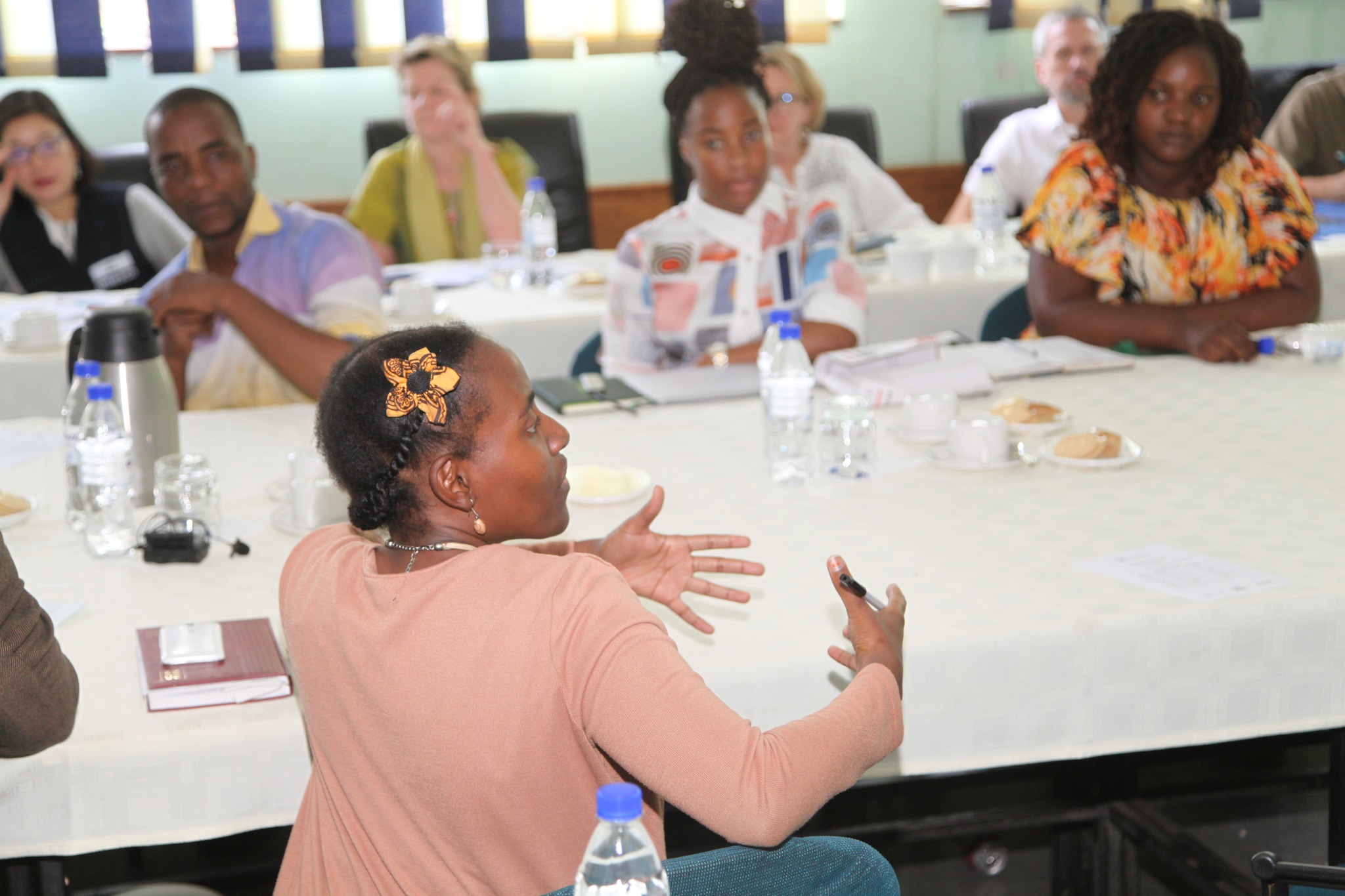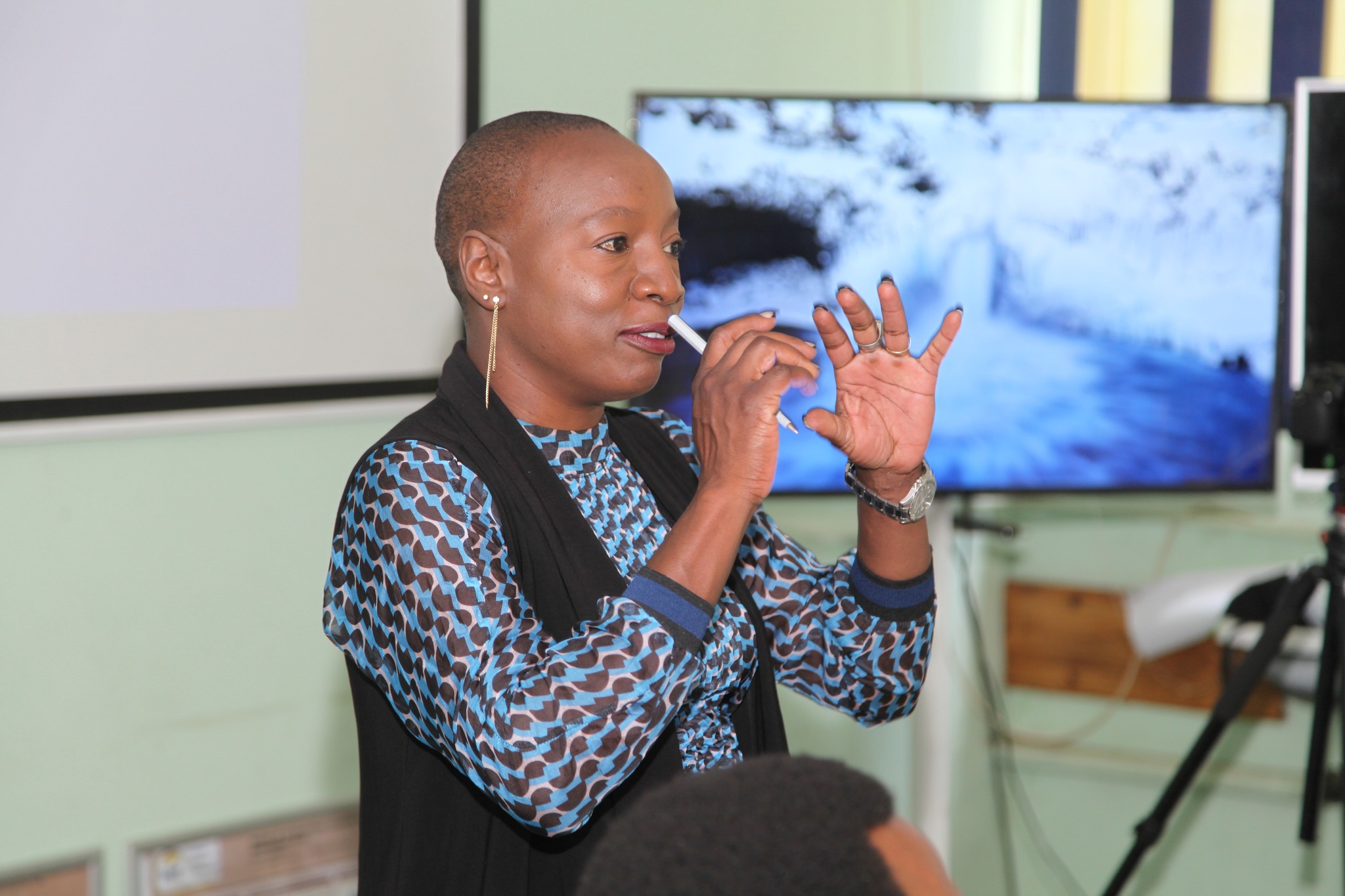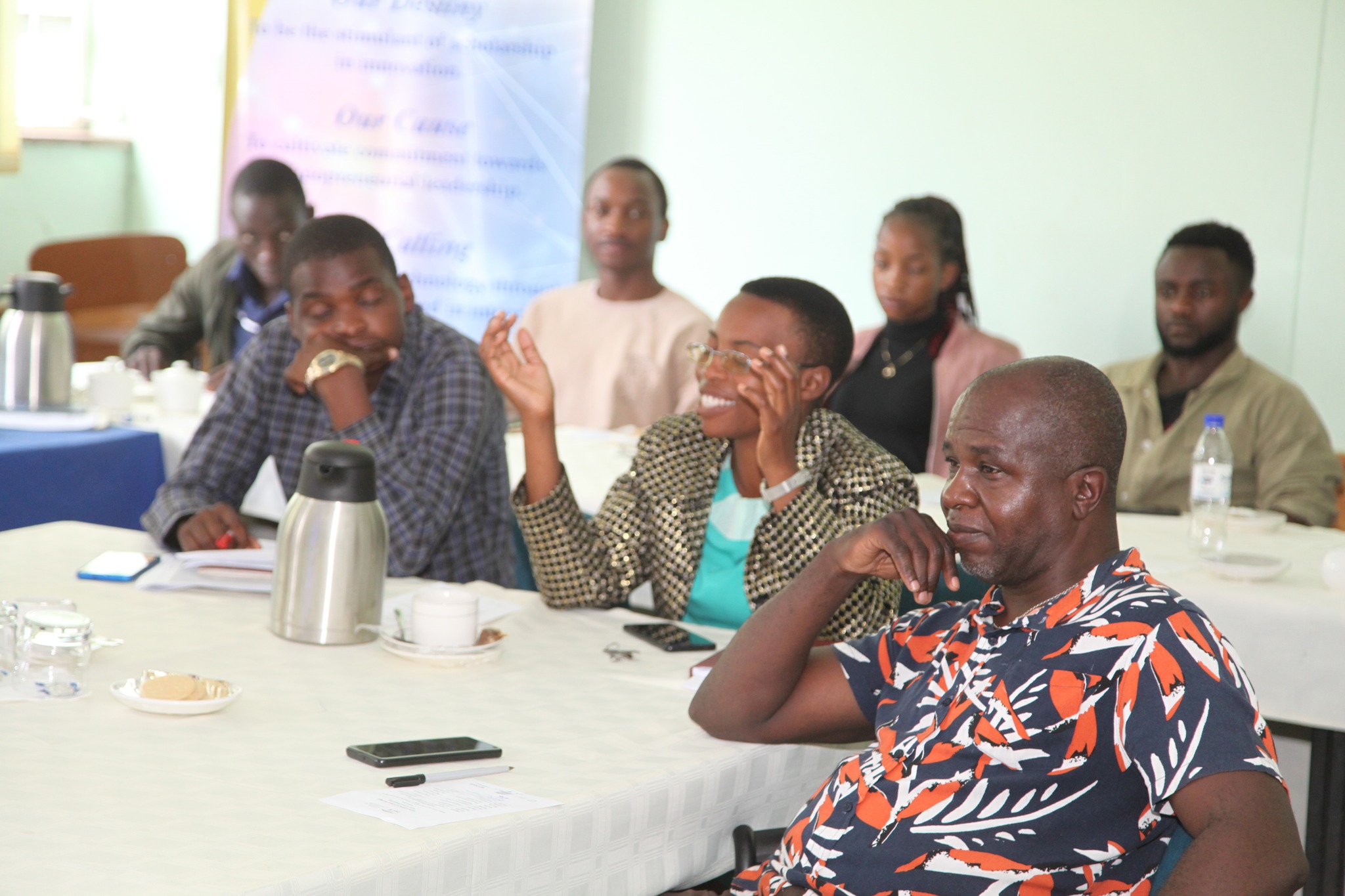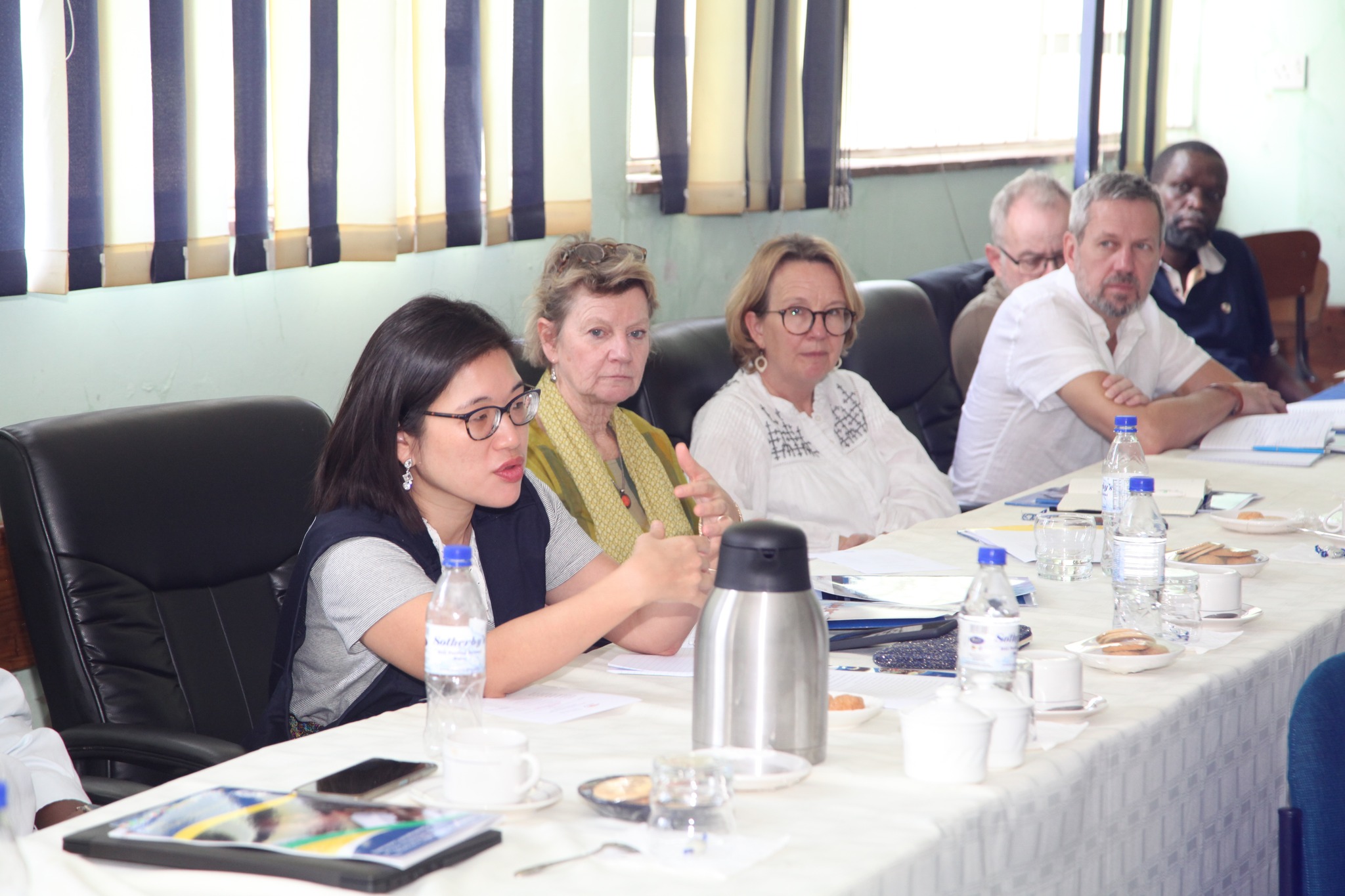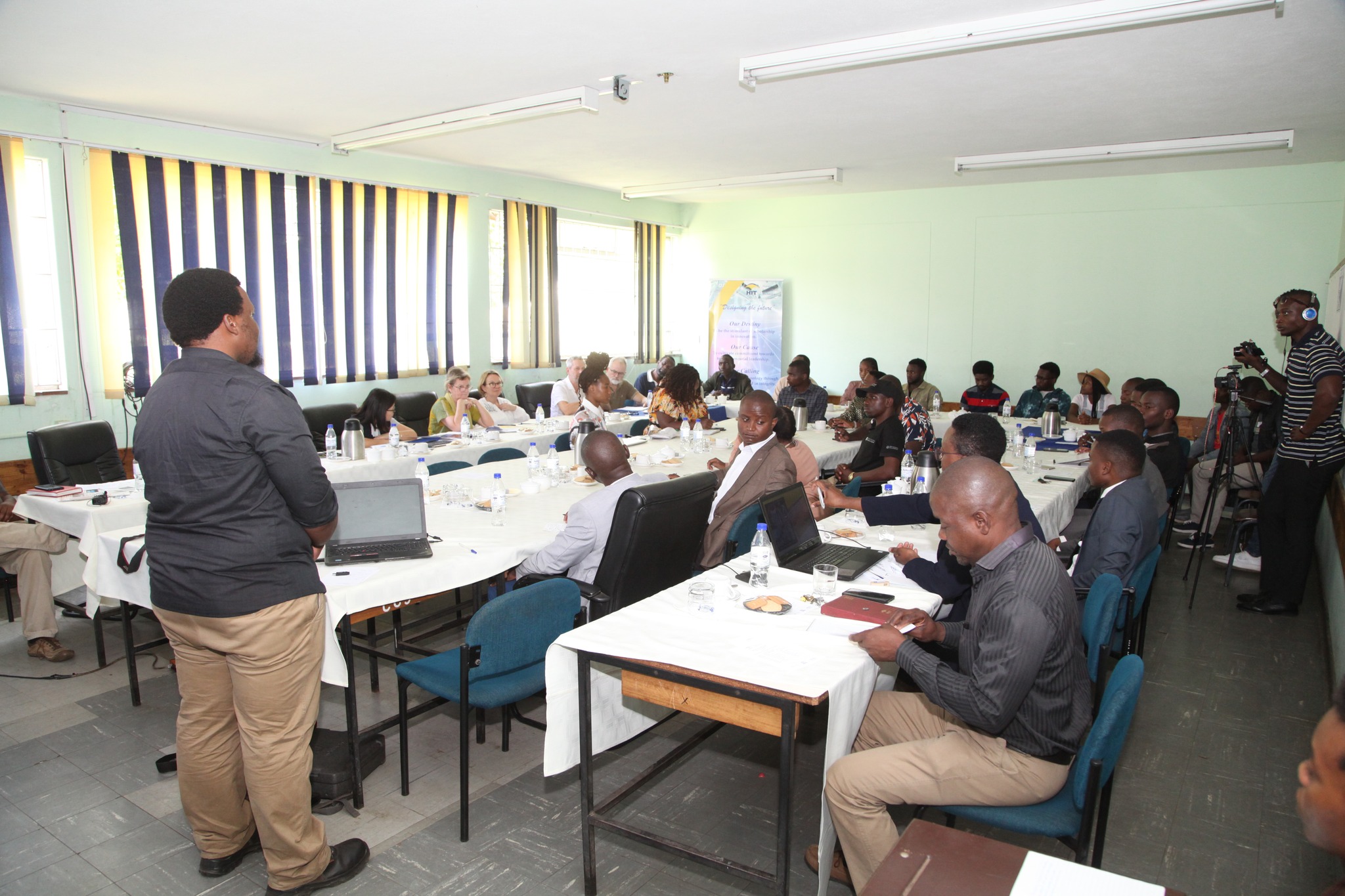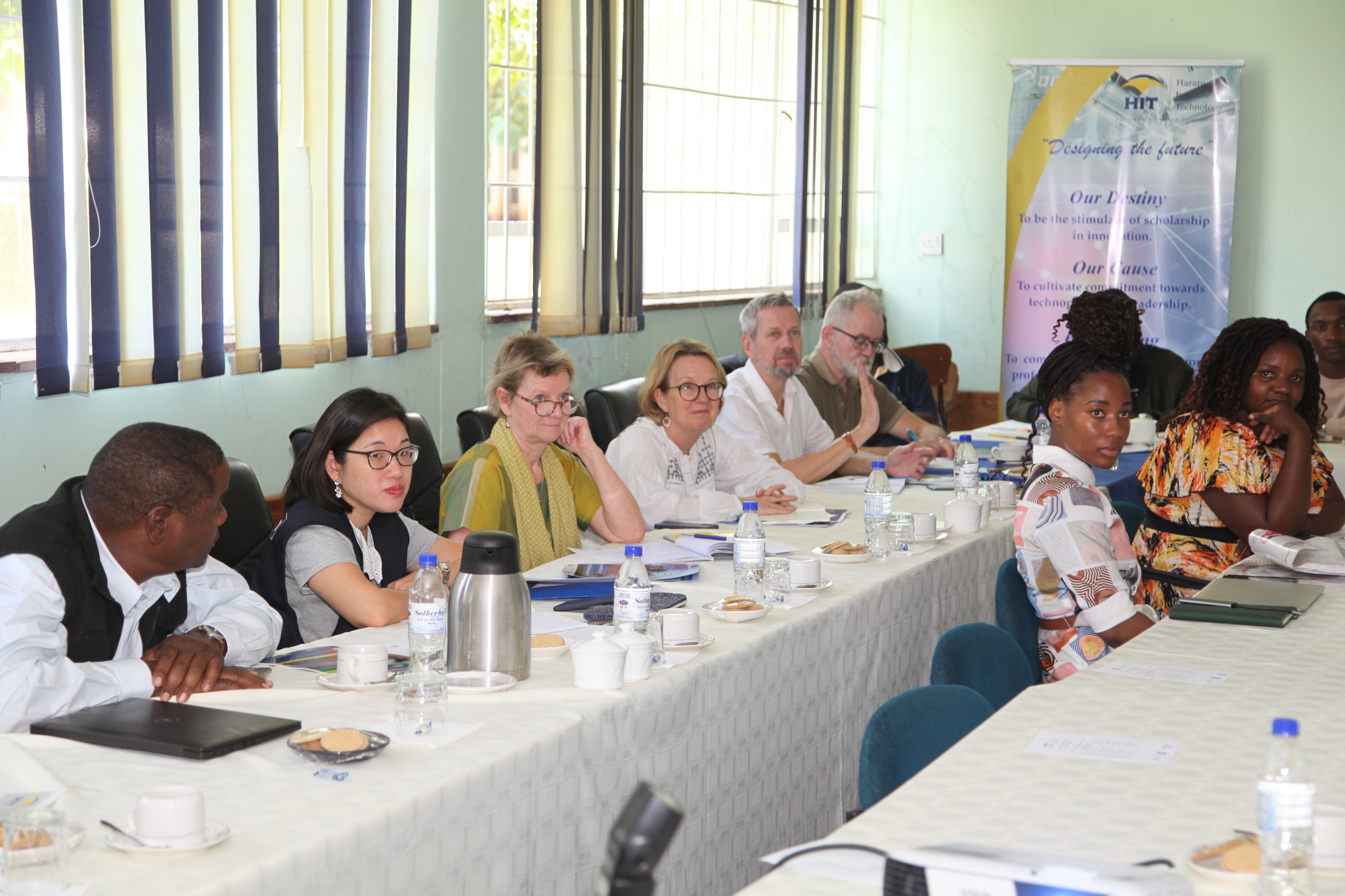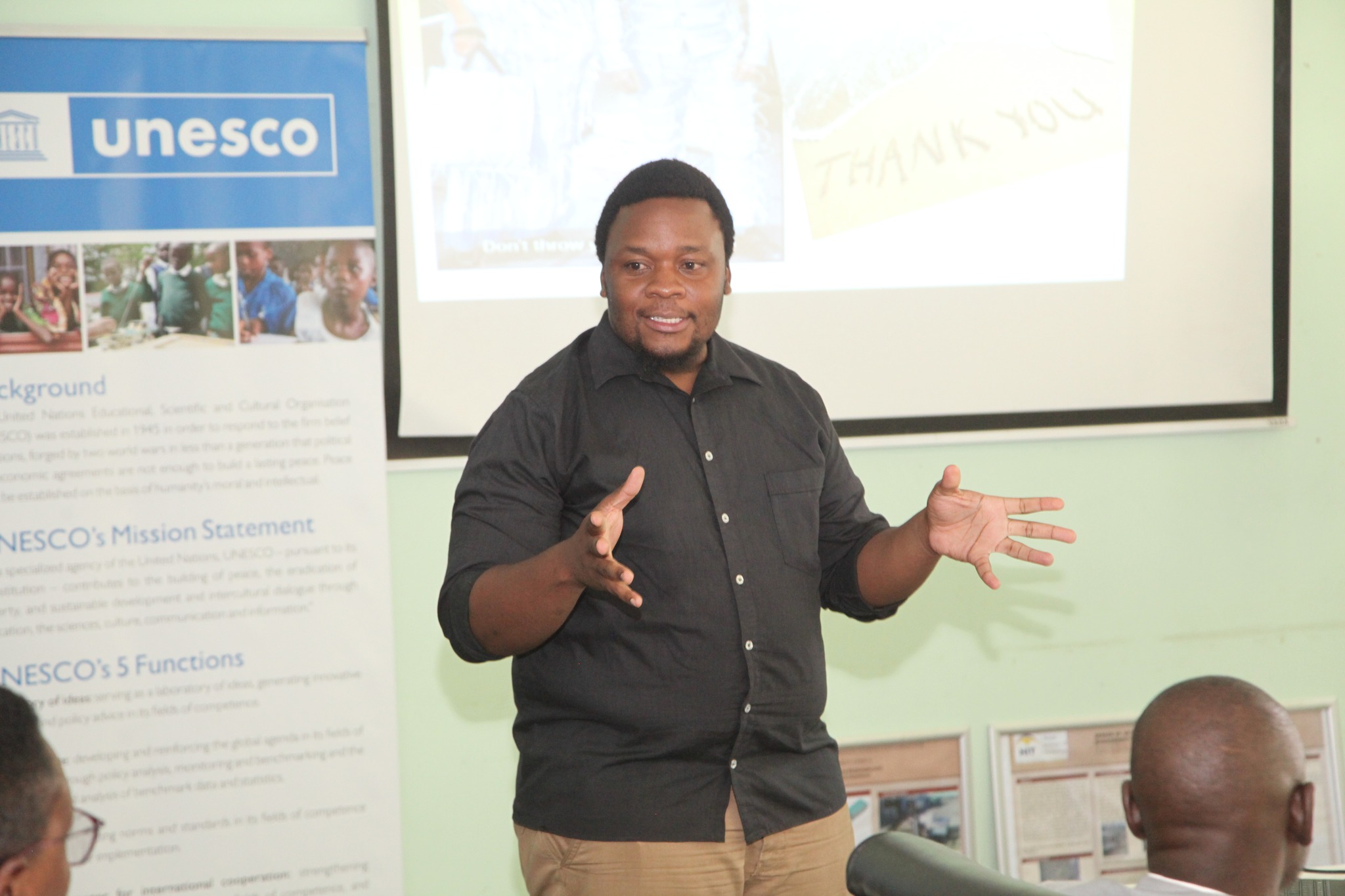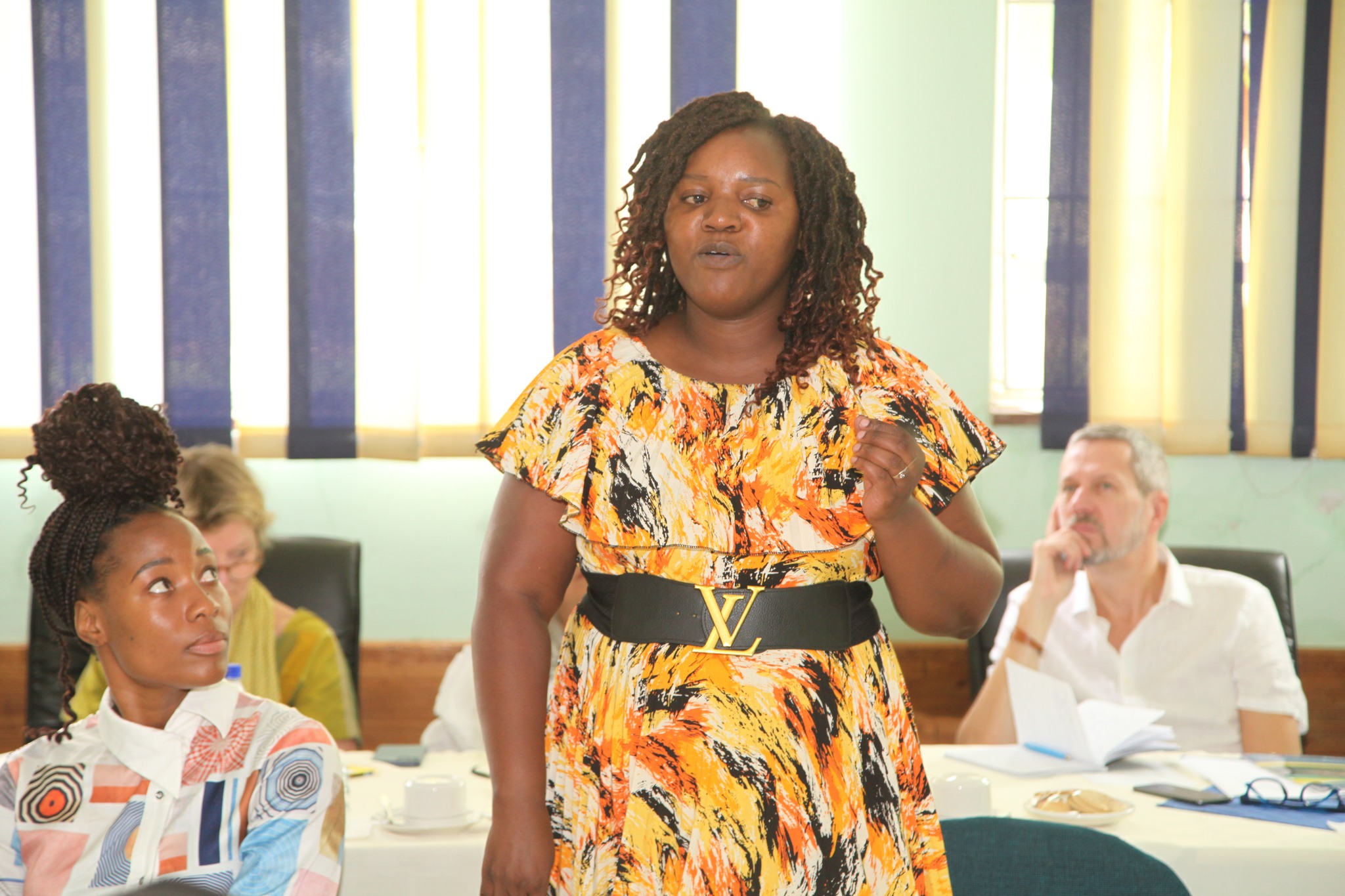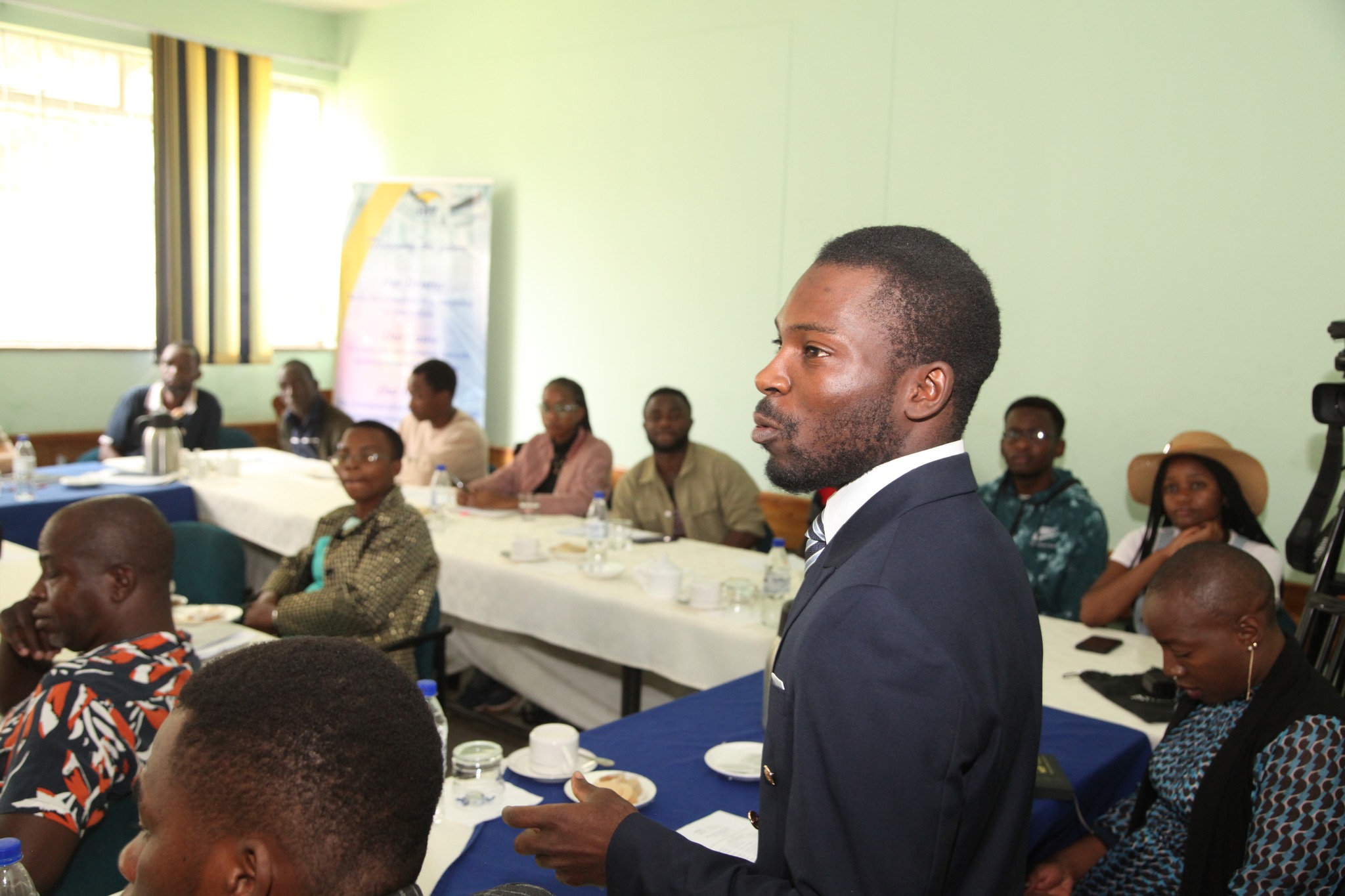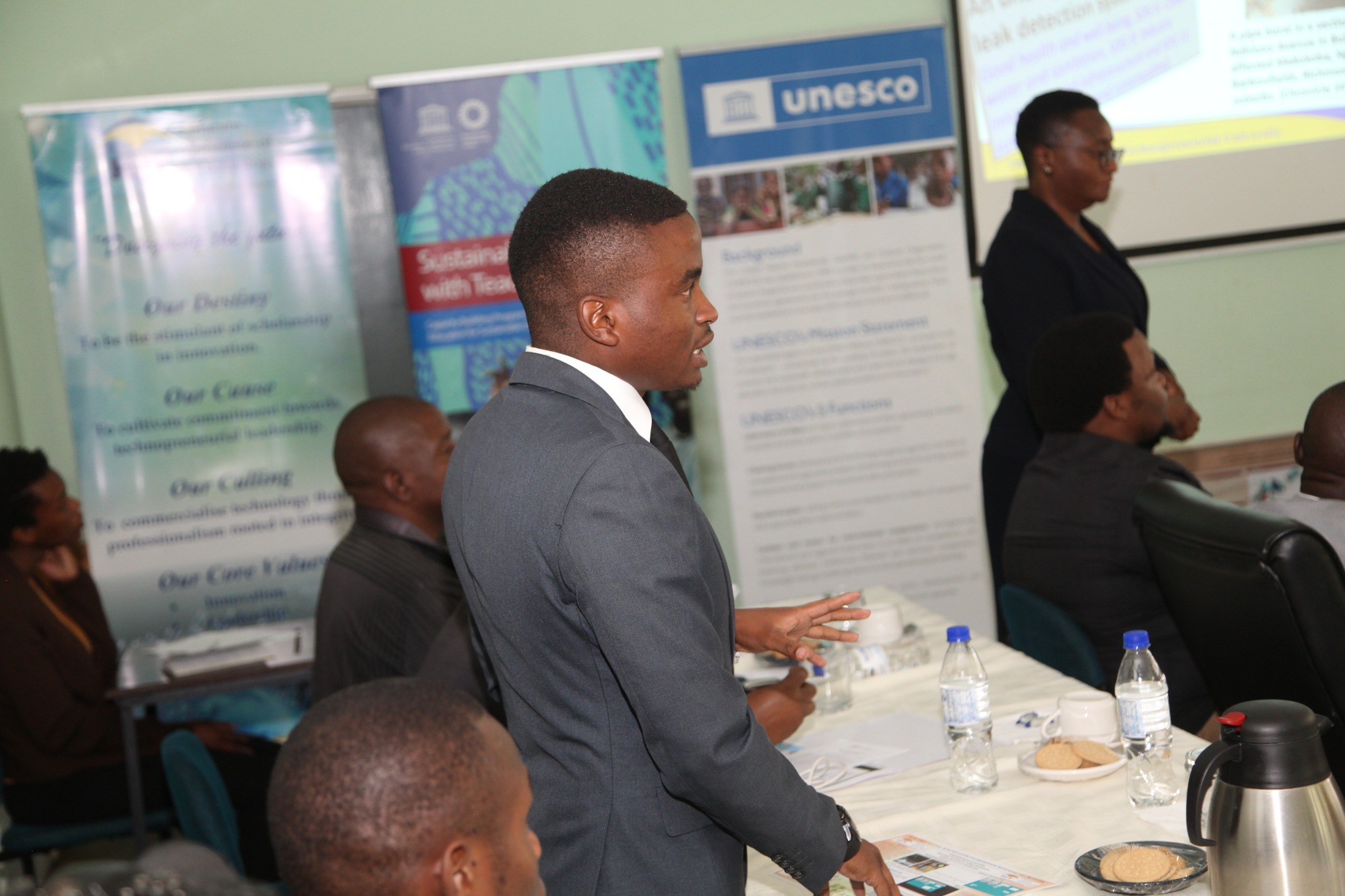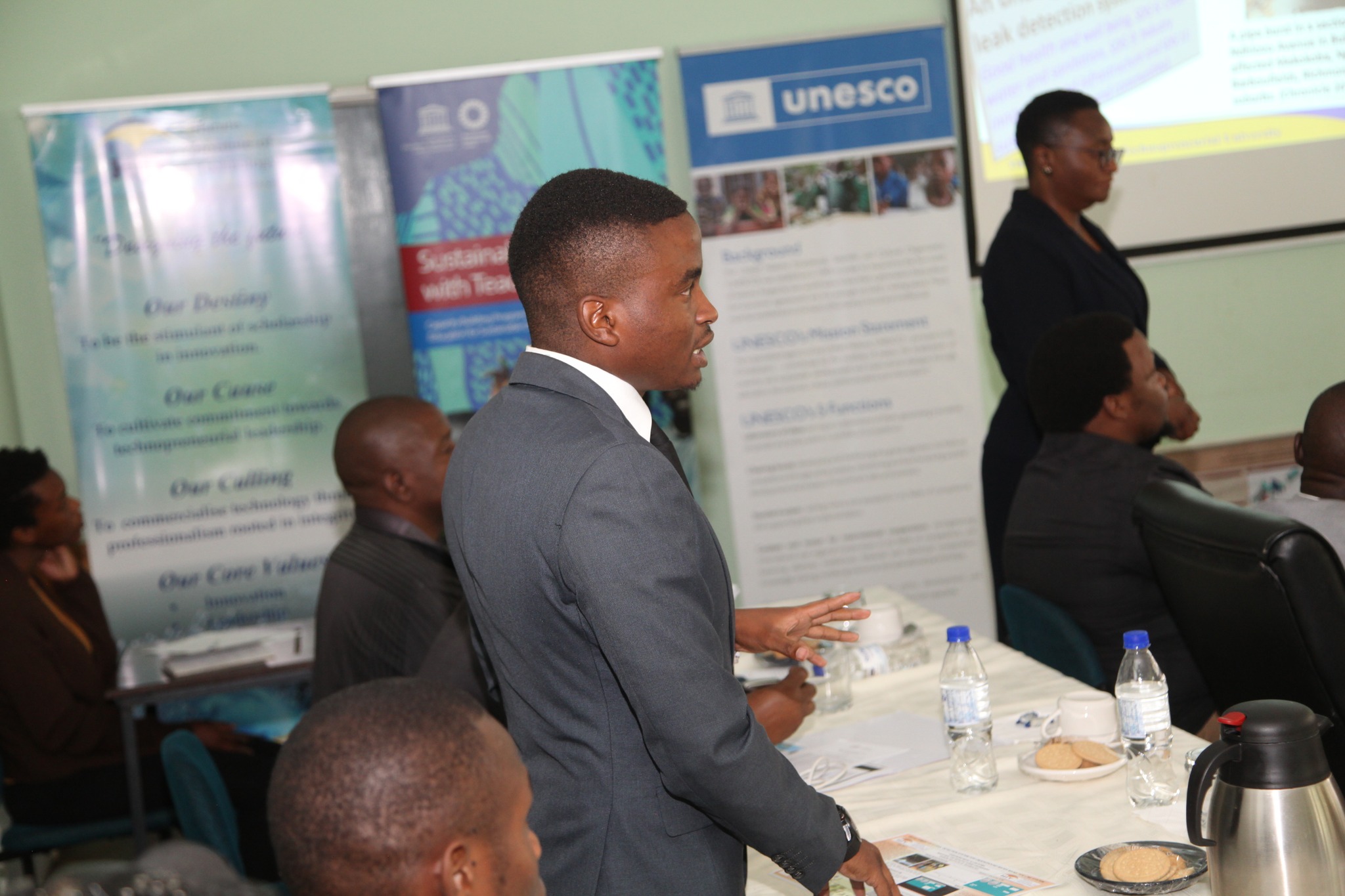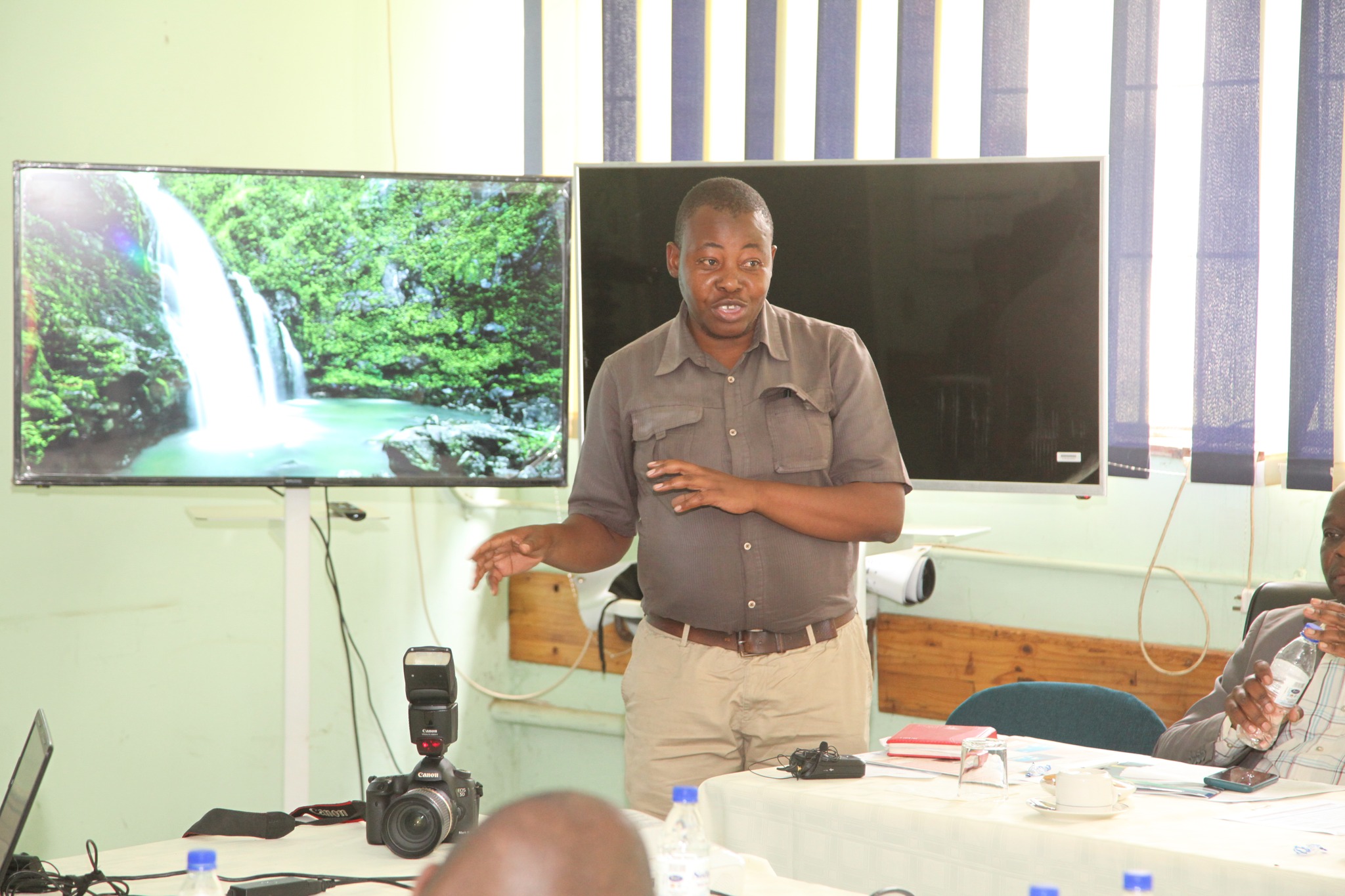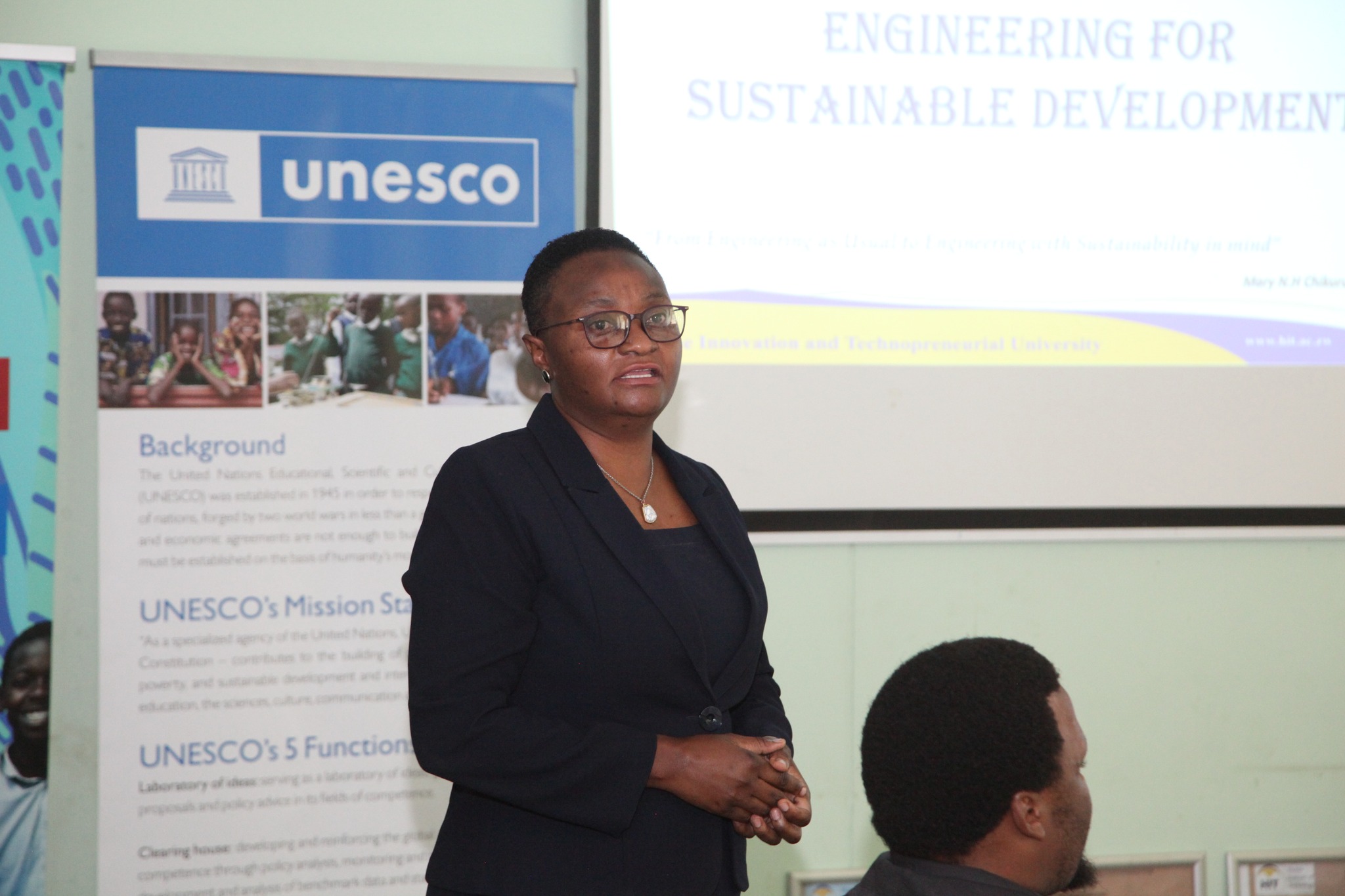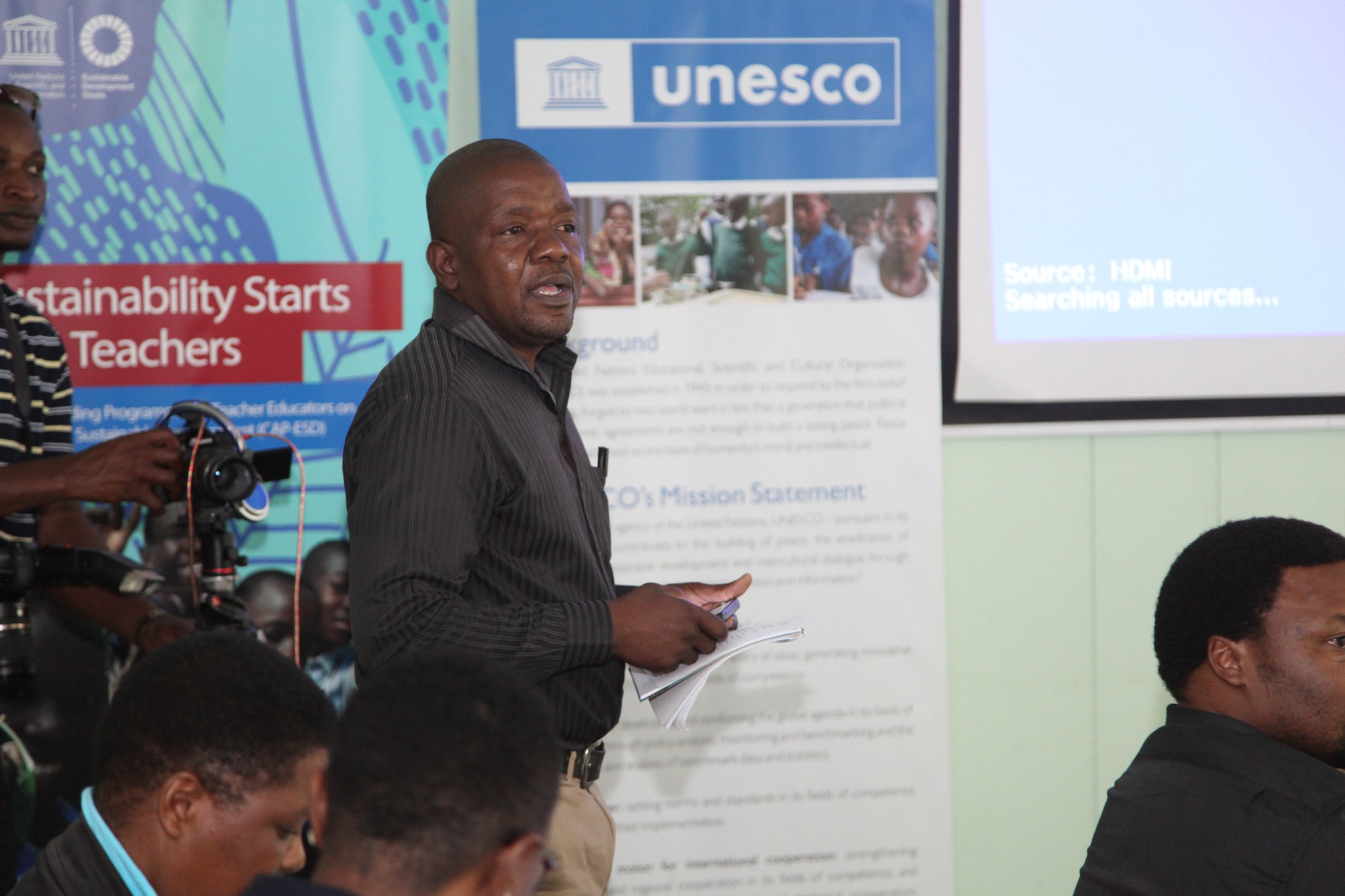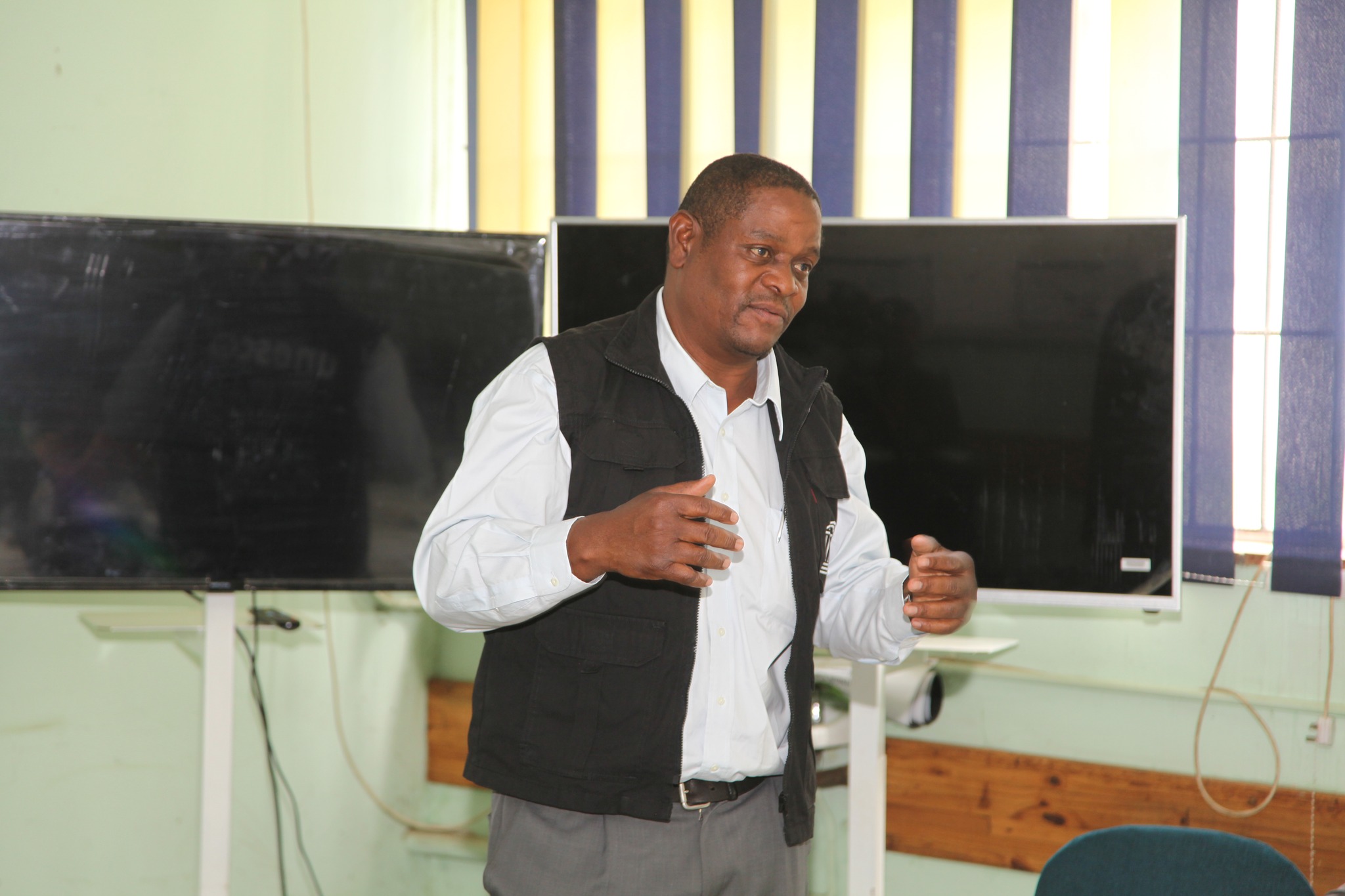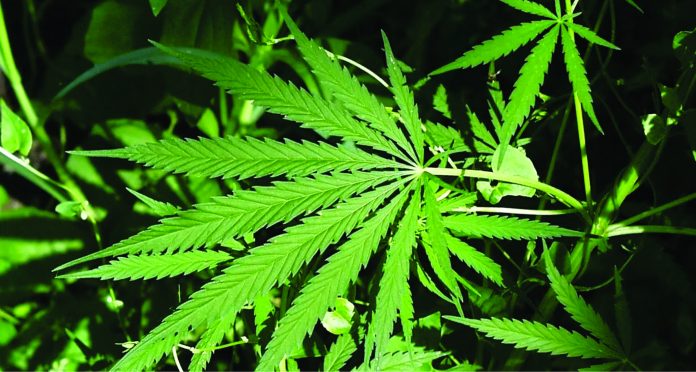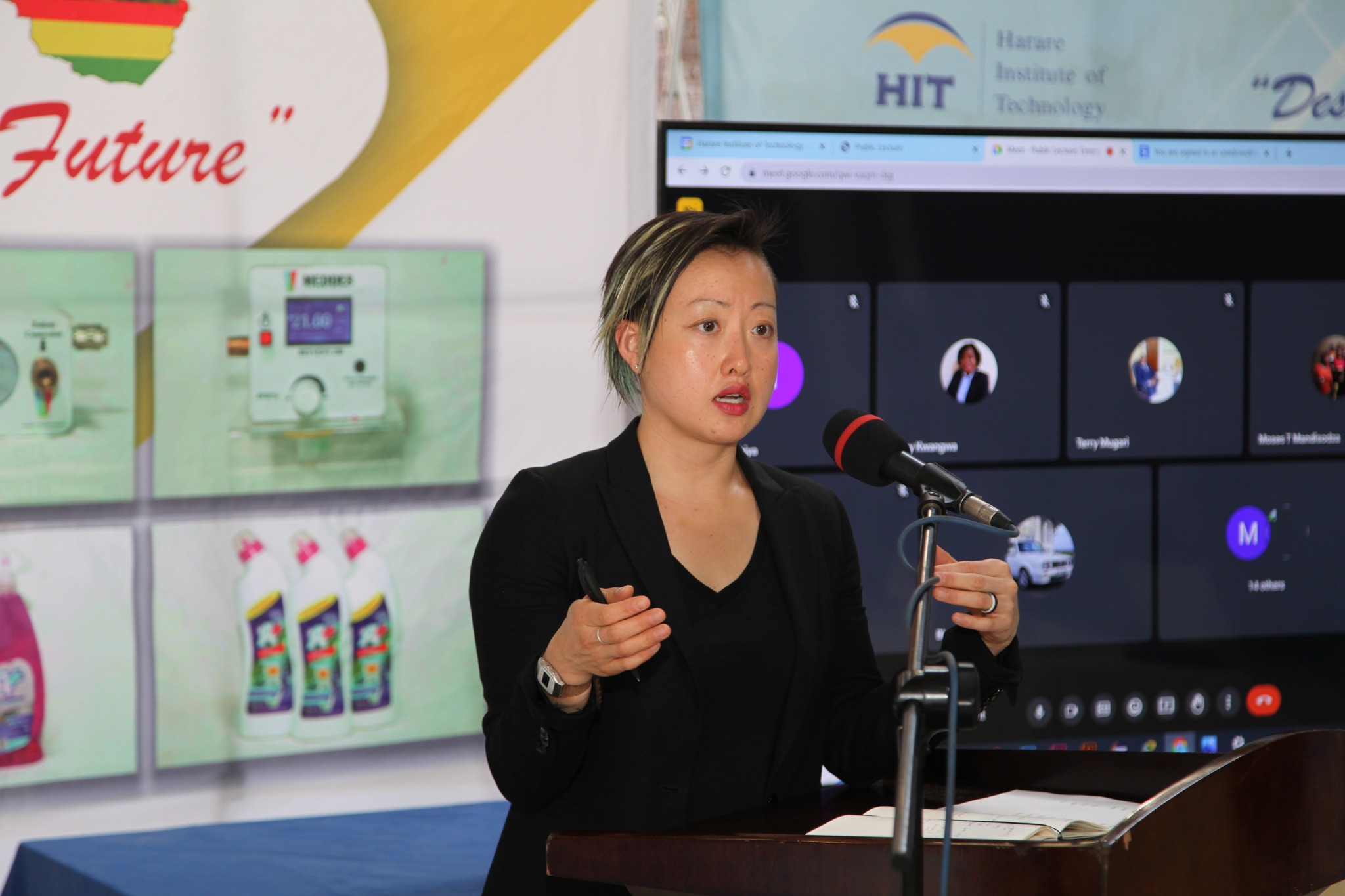A delegation comprising specialists from the Swedish Development Association (SIDA) and the United Nations Educational and Scientific and Cultural Organisation (UNESCO) visited the Harare Institution of Technology (HIT) for a one-day workshop on Engineering Education for Sustainability on the 10th of November 2022.
The workshop which was held under the theme “From Engineering as usual to engineering with sustainability in mind,” was attended by some senior programme, senior policy specialists on education as well as a senior advisor on education from the Swedish Ministry of Foreign Affairs. The UNESCO delegation comprised of the Head of Education sector, Education for sustainable development project coordinator and a Programme Specialist for Education.
In a speech read on his behalf by the Pro-Vice Chancellor for Academic Affairs Mr Willard Gwarimbo, the Pro-Vice Chancellor for Research, Innovation and Commercialisation Dr Eng. Talon Garikayi commended SIDA and UNESCO for their great initiative on their “Sustainability Starts with Teachers” programme which included HIT under the Technical and Vocational Education Training (TVET) banner.
He also added that all HIT students, from all programmes offered by the University, are undergoing a training in the Technology Education Centre (TEC) studying towards a Certificate in Higher and Tertiary Education. TEC is a strategic unit of the University which focuses on the pedagogy of science, engineering and technology (SET) study programmes. The centre recognises the strategic role Research and Development plays as a vehicle for technological innovation. For the centre, a research-based approach is a stimulant for Quality Assurance and the development of national standards of technology education. TEC values stakeholder participation in programme formulation and review. The centre has earmarked training programmes in curricula and course design and development to support the technology education initiative.
“Thus, this course on “Sustainability Starts with Teachers” augers well with what the university stands for. We, being a university producing high calibre engineers, who can decide to pursue careers as captains of industry, technopreneurs or lecturers, are in full support of instilling sustainability into our graduates so that wherever they end up, sustainability will be engrained in their bone marrow,” the Pro Vice Chancellor said.
“ESD allows every human being to acquire the knowledge to shape a sustainable future including key sustainable development issues through teaching and learning. The vision of Agenda 2030 is to transform lives through quality education, recognizing the important role of education as a main driver for development and achieving proposed Sustainable Development Goals (SDGs) and their vision which is fully captured by the proposed SDG4 “Ensuring inclusive equitable quality education and promote lifelong learning opportunities for all.” What better way to play our part than to introduce engineering for sustainable development as an assessable component of our curriculum.
She also added that she and her colleagues spearheading the Engineering For Sustainable Development programmes are intending to visit all provinces preaching the gospel of sustainable engineering to institutions of learning including both higher learning and Primary and secondary schools in order to catch them young, introducing short courses which address SDGs in Engineering for example waste management, sustainable project design Safety Health and Environmental Management as well as hosting conferences and symposia on sustainable engineering in order to address engineering issues that affect climate change.
Engineer Chikuruwo also highlighted some of the HIT students’ projects that are inclined to engineering for sustainability which include the Design Optimization of an Intelligent Pivot For Sustainable Agriculture (SDG 1: No Poverty, SDG 2: Zero Hunger, SDG 3), the Production of biodegradable pads from natural fibres (Agricultural Waste-SDG 11), an underground water pipe leak detection system (SDG 3: Good health and well-being, SDG 6: Clean water and sanitation, SDG 9: Industry innovation and infrastructure and SDG 11: sustainable cities and communities) as well the Design and Production of a Diaper disposal machine-waste to energy (SDG 11).
The workshop was a attend by staff and students from various departments. The delegation also toured some of the campus facilities which included laboratories, workshops and some startups at the Innovation Hub.

